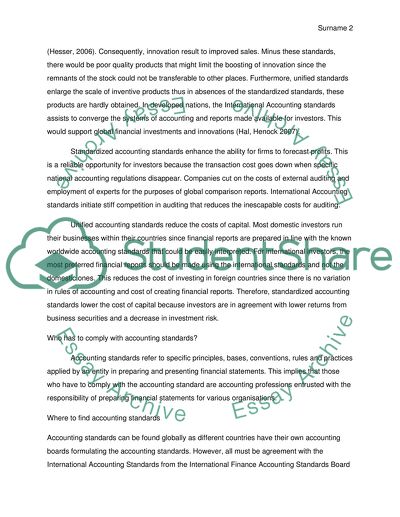Cite this document
(“Financial Reporting Question & Answers Assignment”, n.d.)
Retrieved from https://studentshare.org/finance-accounting/1474665-financial-reporting-question-answers
Retrieved from https://studentshare.org/finance-accounting/1474665-financial-reporting-question-answers
(Financial Reporting Question & Answers Assignment)
https://studentshare.org/finance-accounting/1474665-financial-reporting-question-answers.
https://studentshare.org/finance-accounting/1474665-financial-reporting-question-answers.
“Financial Reporting Question & Answers Assignment”, n.d. https://studentshare.org/finance-accounting/1474665-financial-reporting-question-answers.


